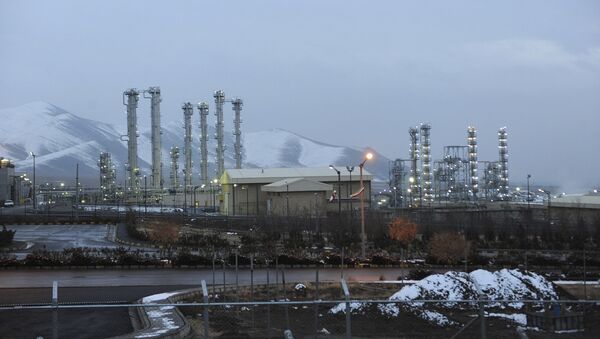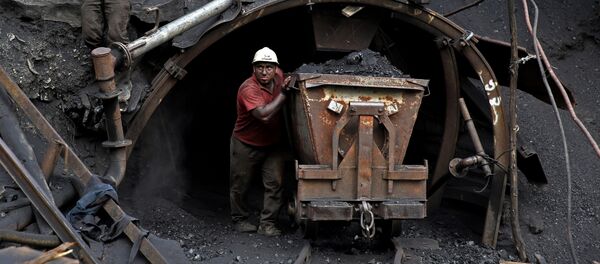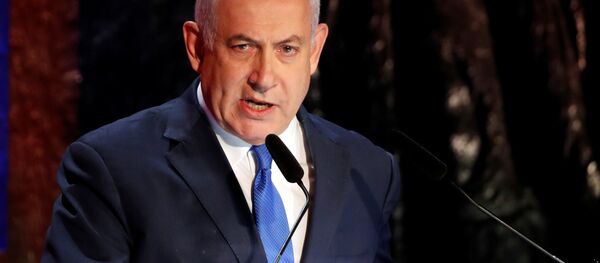Earlier in the day, one year after the US withdrawal from the Iran nuclear deal, Tehran announced that it had discontinued some of its commitments under the Joint Comprehensive Plan of Action (JCPOA) and gave other parties 60 days to ensure Iran’s interests were protected, or see the country resuming higher levels of uranium enrichment.
"Iran may exceed JCPOA limits during the months ahead but is unlikely to take the kind of steps toward making a nuclear weapon that would provide a clearer rationale for a US military attack", Pillar, who is also a former CIA analyst, said on Wednesday.
READ MORE: US to Resort to Use of Force if Iran Blocks Strait of Hormuz – Ex-CIA Officer
Hardliners driving US policy at the moment, Pillar added, will look for any excuse to bomb Iran even without clear and major provocation.
During the 60-day period, Pillar said, the signatories to the JCPOA must redouble efforts to implement ways for Iran to enjoy the benefits of normal commerce despite US pressure.
The Europeans have taken some steps in this direction but they have simply have not been enough, Pillar said. "Over the longer term, saving the JCPOA will require the American electorate to turn Trump out of office in 2020", Pillar concluded.
READ MORE: UK Teen Posed as CIA Chief, Got Hands on US Intelligence in Afghanistan, Iran
Washington also vowed to drive Iran's oil exports down to zero and demanded that other countries stop any such purchases.



